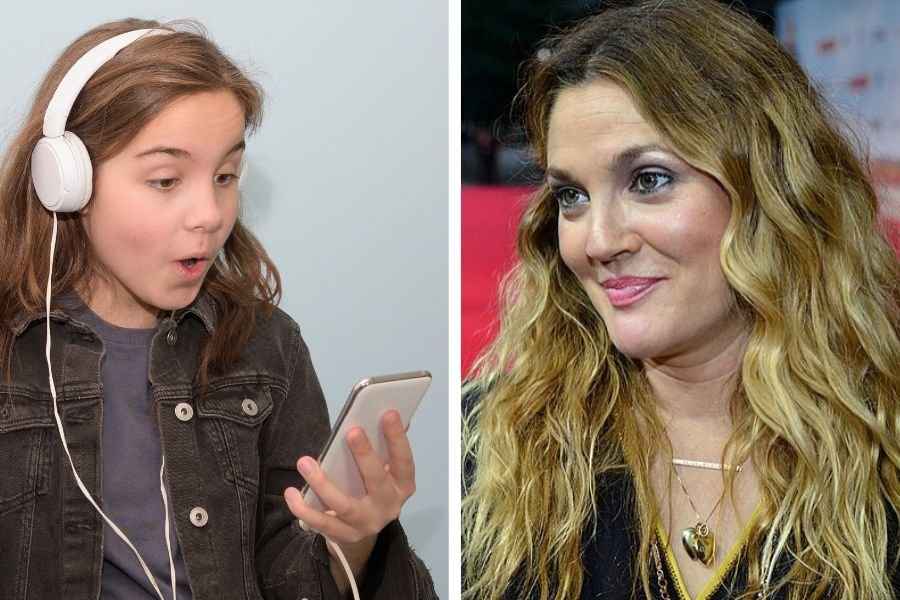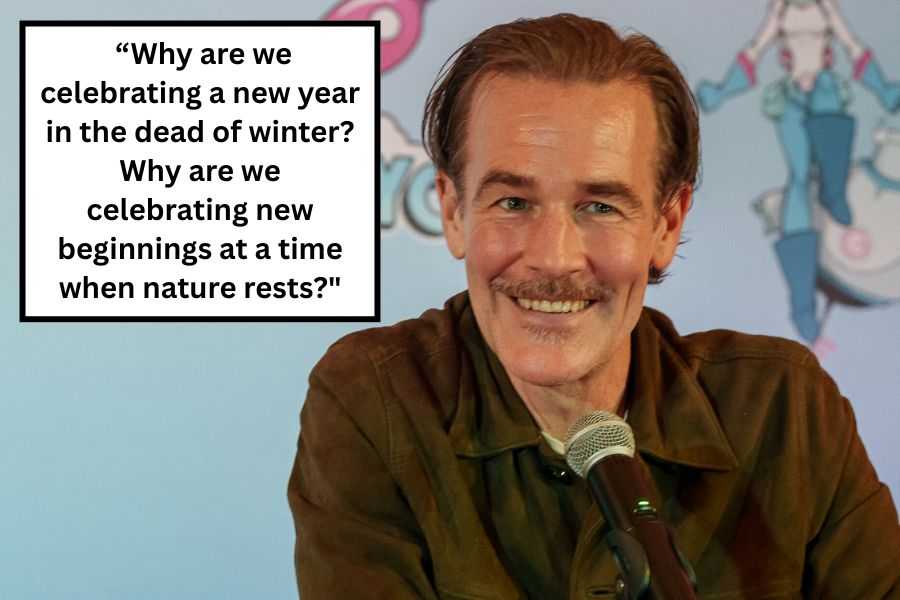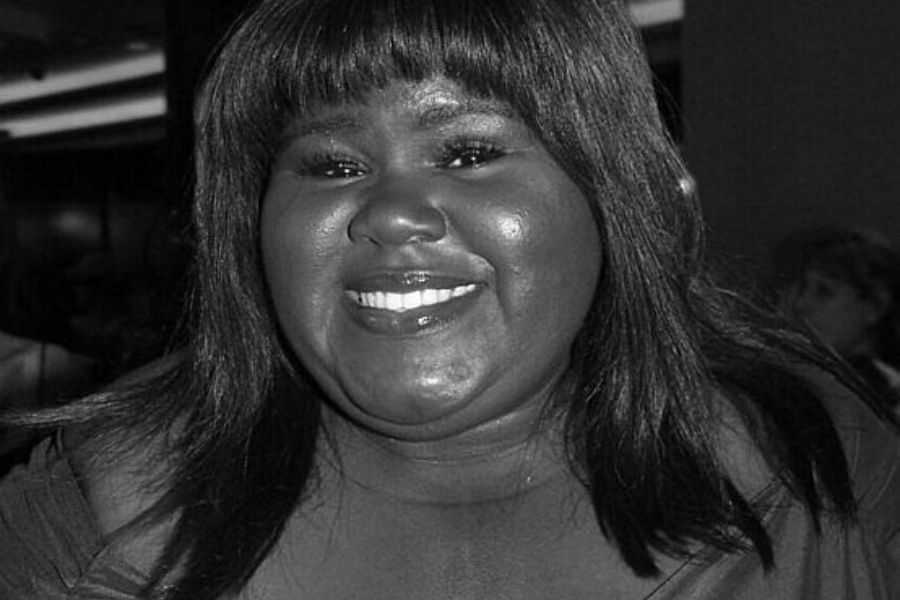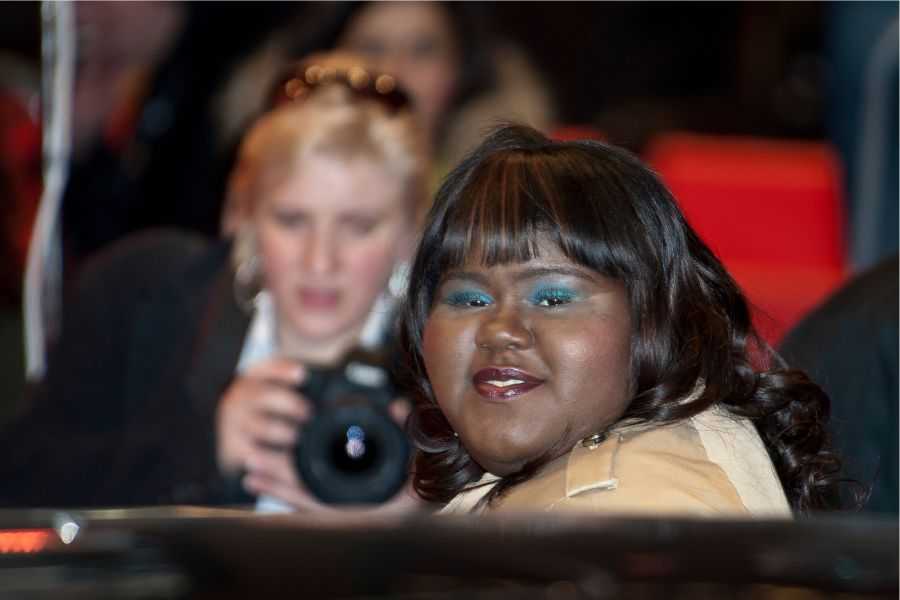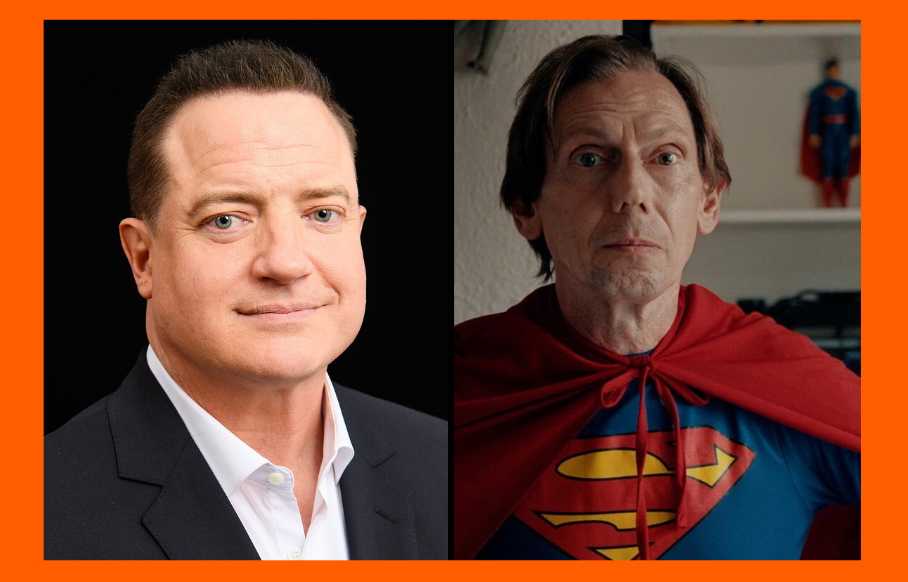As far as modern parenting goes, there’s no tough love quandary quite so universal as setting phone boundaries.
It can be difficult for parents to find the balance between being overly strict, potentially setting their kid’s up to be left out from friends groups, and being far too lax, exposing their still-developing minds to technology’s more harmful characteristics.
Making it even more tricky is the fact that it’s still pretty much the Wild West when it comes to setting said phone boundaries. A parent might think their kid is ready to have a phone, only to realize after the fact that they should have waited.
Then there’s the uncomfortable scenario of taking the phone away and being the bad guy. No parent loves that moment, even if they’re ultimately doing what’s best for their child.
This is a situation experienced by regular parents and celebrity ones alike, apparently.
Recently Drew Barrymore reflected on her own decision to take away her daughter’s phone in a “vulnerable” message, captioned “Phone Home,” shared to her Instagram account on Aug 30.
In the lengthy note the “E.T.” star noted how the choice was influenced by her own rebellious childhood of “too much access and excess.”
“I wished many times when I was a kid that someone would tell me no,” she wrote. “I wanted so badly to rebel all the time, and it was because I had no guardrails.”
Barrymore has frequently gotten candid about how being thrust into stardom as a child left her vulnerable to very adult situations and in desperate need of parental guidance. Going to rehabilitation for two years luckily was a “blessing” that gave her a “hard reset.”
And now that she’s a parent herself to two girls, Olive, 12 and Frankie, 10, she sees how phones are a repeat of this “too much access and excess” pattern. Understandably, she wants to be “protective” of her kids to go down the same path she once did.
“Now that I am a mother, I cannot believe I live in a world that I know correlates to my own personal pitfalls and many of my peers who got into too much, too soon,” she wrote.
In regards to her daughter Olive, Barrymore gave her a phone for her 11th birthday because “all her friends had one.” However, the phone was “only to be used on weekends and for a limited time with no social media.”
Even with those well intentioned restrictions, Barrymore made troubling discoveries.
“Within three months, I gathered the data of the texts and behavior. I was shocked by the results. Life depended on the phone. Happiness was embedded in it. Life source came from this mini digital box. Moods were dependent on the device.”
Wanting to “put a stop to these high stakes emotions flying around,” Barrymore printed out every single text onto paper and handed Olive “a stack of pages,” reminding her that “they’re permanent somewhere where we don’t see it, so we don’t believe in its retraceable and damning nature if we fail digitally to act with decency.”
Barrymore then took the phone away, but made sure to let Olive know that it was not a “punishment on her character.” It simply “was not time yet.”
“I want to let parents know that we can live with our children’s discomfort in having to wait. We can be vilified and know we are doing what we now know to be a safer, slower and scaffolded approach,” she concluded. “I am going to become the parent I needed, the adult I needed.”
Barrymore did add that the current relationship most adults have to their phones only sets an example for kids, saying, “we are living in an á la carte system as caretakers, in a modern, fast-moving world where tiny little computers are in every adult’s hands, modeling that it is OK to be attached to a device that is a portal to literally everything.”
But she argues that our own challenges with setting phone boundaries can actually be a point of connection, writing, “we can admit we’re learning, too, especially in tech, and things have to pivot from time to time.”
Barrymore, whose “actions to move forward” included speaking with Apple to “discuss creating a new device without all the trimmings,” isn’t the only adult looking to create more helpful regulations. Many parents are rallying behind causes like the Away for a Day (AFTD) movement, which aims to remove smartphones from the classroom, and the Wait Until 8th organization, which is trying to set 8th grade as the official starting point for kids to receive phones.
Technology is certainly not going away, nor would we want to give up the benefits that it bestows. But certainly, setting regulations, especially for kids, is something that everyone should be thinking of if we want to create a society that uses technology without being controlled by it.

